Nigeria election 2023: Heartbroken Peter Obi supporters target Lagos
- Published
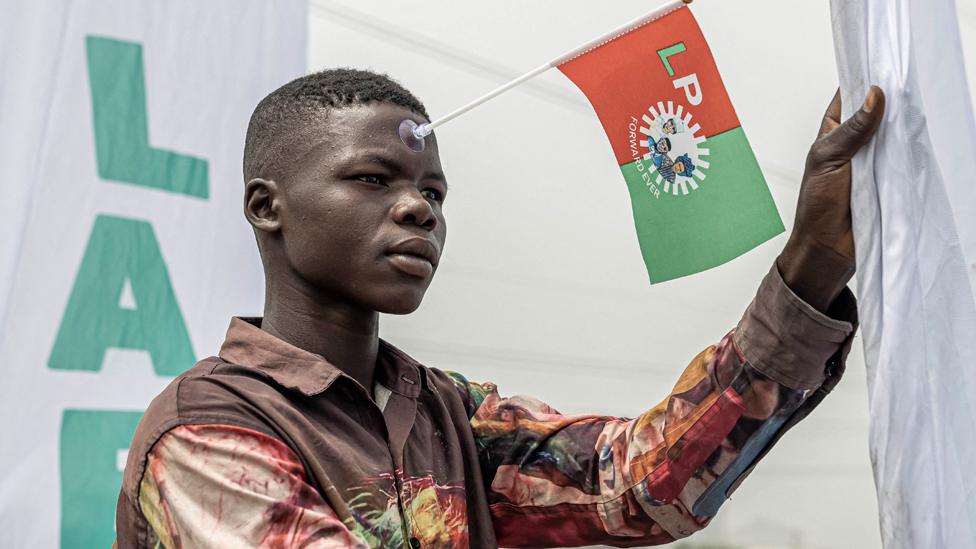
Heartbroken first-time voters in Nigeria are being urged not to give up after the candidate that many of them backed came third in the presidential race two weeks ago.
This is because crucial state elections are being held later this month, after a last-minute delay - where governors and local assemblies will be chosen. It is the state governments that build schools, hospitals and inner city roads and are responsible for transport and other essential services.
Some of the young voters who took an interest in politics and backed the Labour Party's Peter Obi have become disillusioned by election-day antics in some areas: ballot-box snatching; violence and the late arrival of electoral officials that disenfranchised many. This may be one of the explanations for the low turnout of just 27%.
But party campaigner Rinu Oduala says "Obidients", as Mr Obi's supporters are known, must not give up hope.
"Change does not occur overnight. It happens step by step. Day by day. And we have taken a thousand steps into the future," the Labour Party supporter tweeted, external.
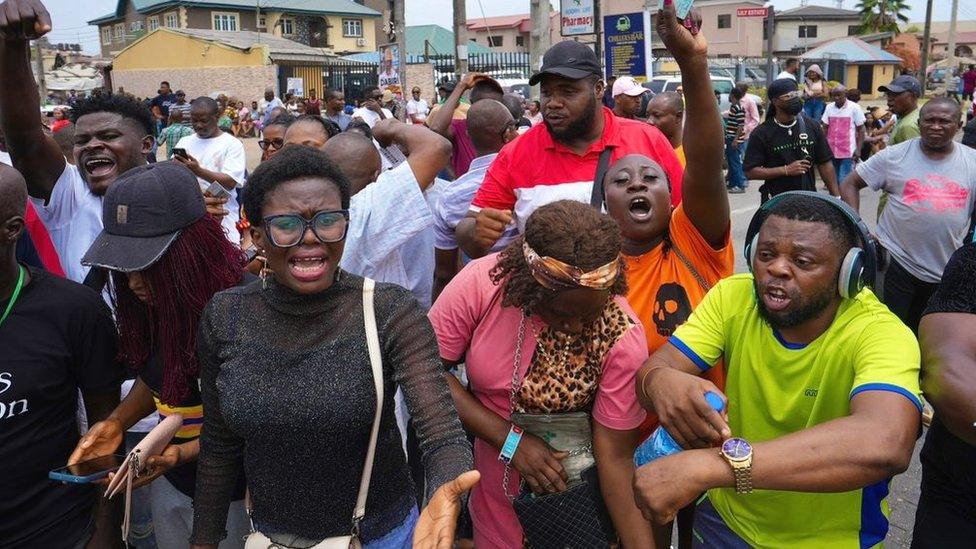
Some voters in Lagos were furious when electoral officials failed to show up on election day
The electoral process was criticised by observer groups as falling short of required standards - and the opposition Peoples Democratic Party (PDP) and Labour Party are challenging the result in court.
Yet Obidients like Ms Oduala point to how much the Labour Party has achieved in the nine months since Mr Obi became their presidential candidate.
He gained six million votes - 25% of the vote, a major achievement given the dominance of the ruling All Peoples Congress (APC) and PDP since the end of military rule in 1999.
The Labour Party also now has seven of 109 senatorial seats and 35 of 360 members of the House of Representatives.
Some victories have given card-carrying Labour Party members faith that the ultimate power in a democracy resides with the people.
Examples include a female Labour candidate in the capital, Abuja, beating a man who had served as an MP for 20 years, a Labour motorcycle-taxi rider in the northern state of Kaduna being elected and another Labour candidate preventing an outgoing governor in the south-east south-from winning a senate seat.
In the build-up to the polls, the Obidients were mocked as a social media sensation - "four people tweeting inside a room" - but now other powerful politicians are trying to woo them.
Take ruling party senator Ovie Omo-Agege, who is running to be governor in Delta state where Mr Obi took 55% of the presidential vote. The APC politician has been pictured awkwardly posing with a banner asking Obidients to back him, external despite Labour having its own gubernatorial candidate in the southern oil-rich state.
"We have so much in common, we have to come together, we have to work together," he pleaded.
Politicians like Mr Omo-Agege may be hoping that as the Labour Party's popularity has been driven by the charismatic Mr Obi, whose name will not be on ballots later this month, they can win them over.
All to play for in richest state
Lagos - Nigeria's most powerful state, the country's economic hub - could be where the Labour Party is really able to change the political landscape.
The city is the Obidient movement's heartland - springing out of the ashes of the 2020 EndSars anti-police brutality protests when over two weeks tens of thousands of mainly young Nigerians took to the streets, leading to the disbandment of the police unit.
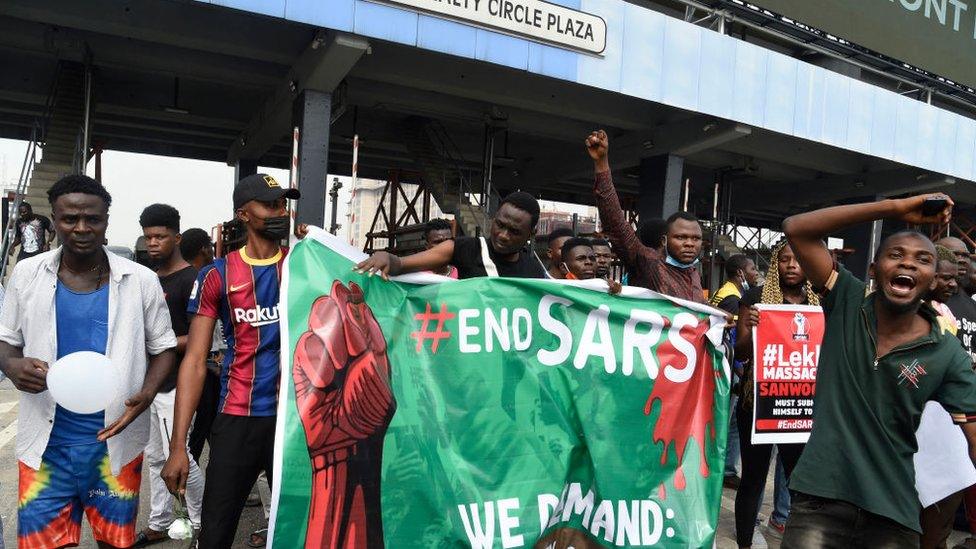
A tollgate where protesters camped for weeks in the upmarket Lekki area of Lagos in 2020 has become synonymous with the EndSars protests
Mr Obi beat the ruling party candidate in Lagos last month - despite widely reported cases of election delays and violence.
Sitting APC governor Babajide Sanwo-Olu, ahead of this month's vote, is certainly feeling the heat, tweeting more frequently, external and regaling his followers with long threads of his achievements in office.
He is seeking a second term but has refused to hold a debate with other candidates, like Labour's Gbadebo Rhodes-Vivour, and has run a lacklustre campaign, choosing instead to join President-elect Bola Tinubu as he traversed the country.
The governor has performed relatively well in the last four years, launching a metro line that has been under construction for decades and has been credited for expertly handling the pandemic.
But for many, the events of 20 October 2020, when soldiers opened fire on EndSars demonstrators - killing at least nine people, are too hard to forgive.
"They turned off the lights, removed the cameras and they killed us like antelopes," Adeola Owosho, a tech products marketer who narrowly escaped death during the shooting, told the BBC.
Although Mr Sanwo-Olu was one of a few governors who met the protesters - some camped outside his office in Lagos - and also paid compensation to the victims of police abuse after setting up a panel, his involvement with the final deadly clampdown in Lekki is hard for many to look past.
"One hundred per cent of my voting choice is dependent on the events of 20 October 2020, the massacre at Lekki and the whole incident left me scarred. Nothing Sanwo-Olu boasts of could ever atone for the terrible way he handled the peaceful protest," Mr Owosho said.
Victory in Lagos would be a salve for those Obidients bruised by the presidential defeat and Mr Obi has reminded his supporters they can "still achieve massive victories in the forthcoming elections".
Voters' cards burnt
Yet his words may not to carry that much weight nationwide as there are few names of inspiring Labour Party candidates on the ballot, while some see the effort as pointless.
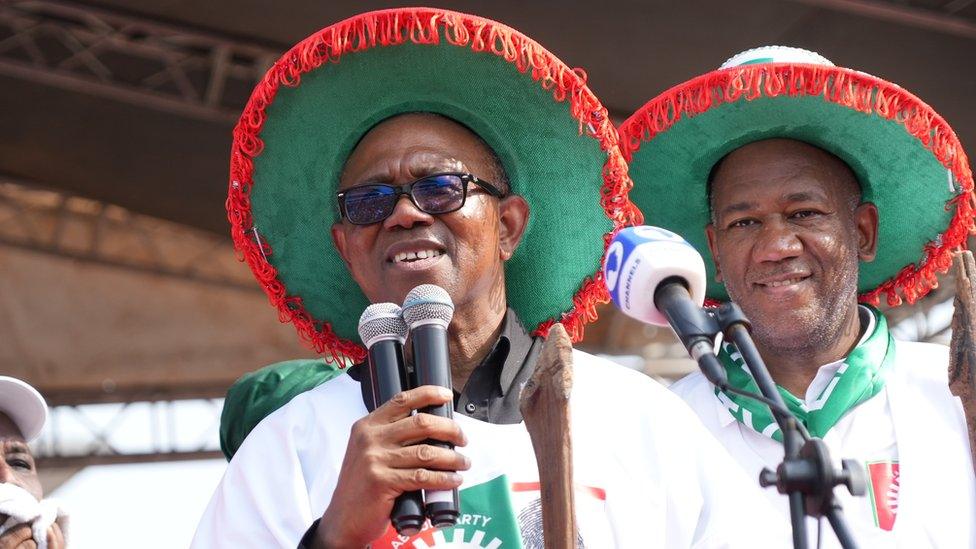
Peter Obi and his running-mate Datti Baba-Ahmed are challenging their loss in court
"I voted under the rain hoping my vote would count, clearly it didn't," said Naya Benson in Abuja, where many voters stood for hours under 34C heat before an evening rainstorm drenched them on the day of the presidential poll.
Others have taken to extremes, destroying their voters' cards (PVCs) with a vow never to engage again with the democratic process.
"I burnt my PVC because I realised it was just a waste of my time," one voter told the BBC, angered by the effort it took and money he spent on transport to get the card and cast his ballot.
He cited the inability of the Independent National Electoral Commission (Inec) to upload results on to its portal in real time as promised as evidence that the result may not be genuine.
Inec apologised for the delays, saying that a surge in traffic on the day led to technical glitches.
However, it was not just the young voters that were left disheartened with such irregularities. Umealor Chibuike's parents, who have been voting for 27 years, felt this was the last straw.
"They broke their PVCs because they believe Nigeria will never get better no matter how you try," he told the BBC.
Yet the Labour Party's Ms Oduala believes this is the wrong attitude to fix a country as complex as Nigeria. It is Africa's most-populous nation with a population of around 210 million, half of whom are under the age of 18.
"We will retire the evil politicians who stand in the way of progress and take back our country. Believe me, we are winning," she tells her followers. "It's a marathon, not a sprint; a war, not a battle; a journey, not a trip."
The first cracks have undoubtedly emerged in the old order that young Nigerians are trying to pull down. The question is, how far are they willing to go?
Nigeria election results 2023: Up-to-date results of presidential and parliamentary races
Nigerians cast their votes in Saturday’s general election. They had 18 candidates to choose from for president and people also voted for senators and members of the house of representatives. The BBC is using data provided by Nigeria’s Independent National Electoral Commission (Inec) to tally the results.
Nigeria presidential results 2023
To win in the first round, a candidate must have the largest number of votes nationwide and at least 25% of the votes in two-thirds of the 36 states and Federal Capital Territory (Abuja)
Last updated: 19/04/2023, 18:00:24 local time (GMT+1)
Final results
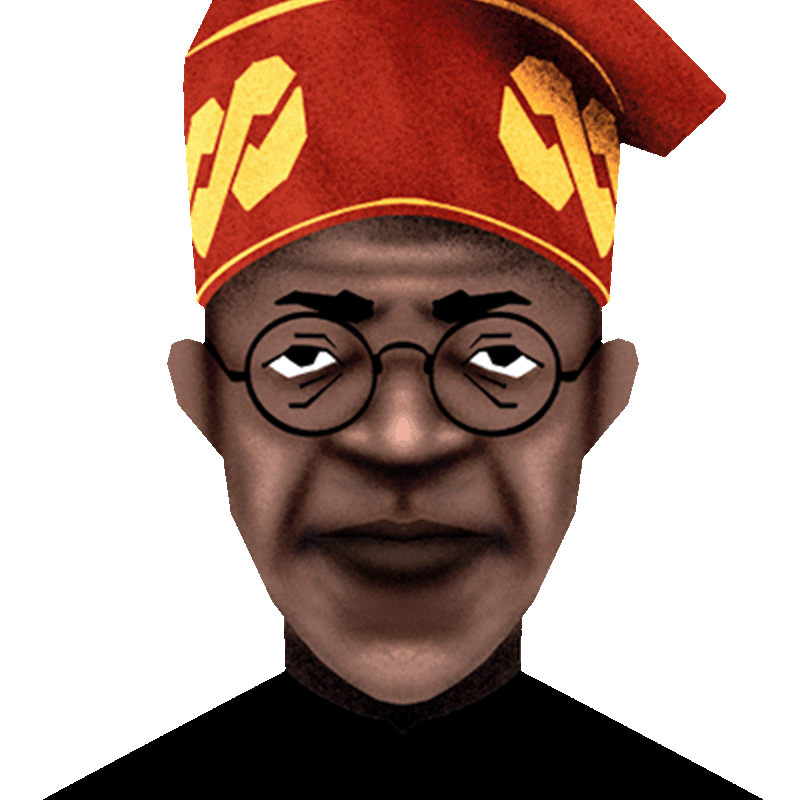
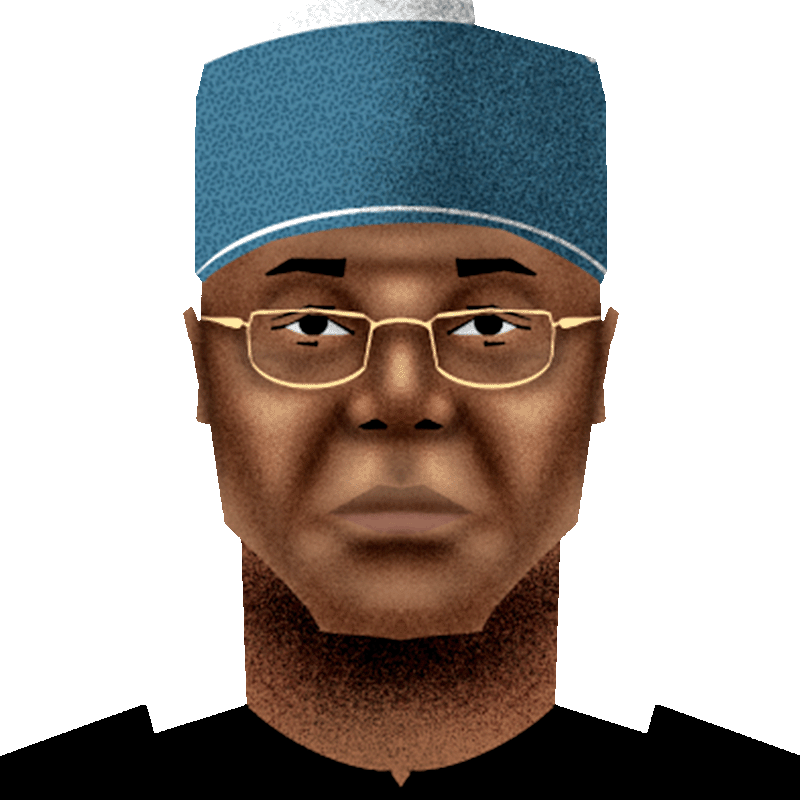
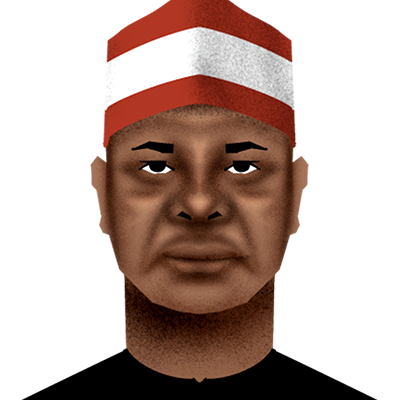
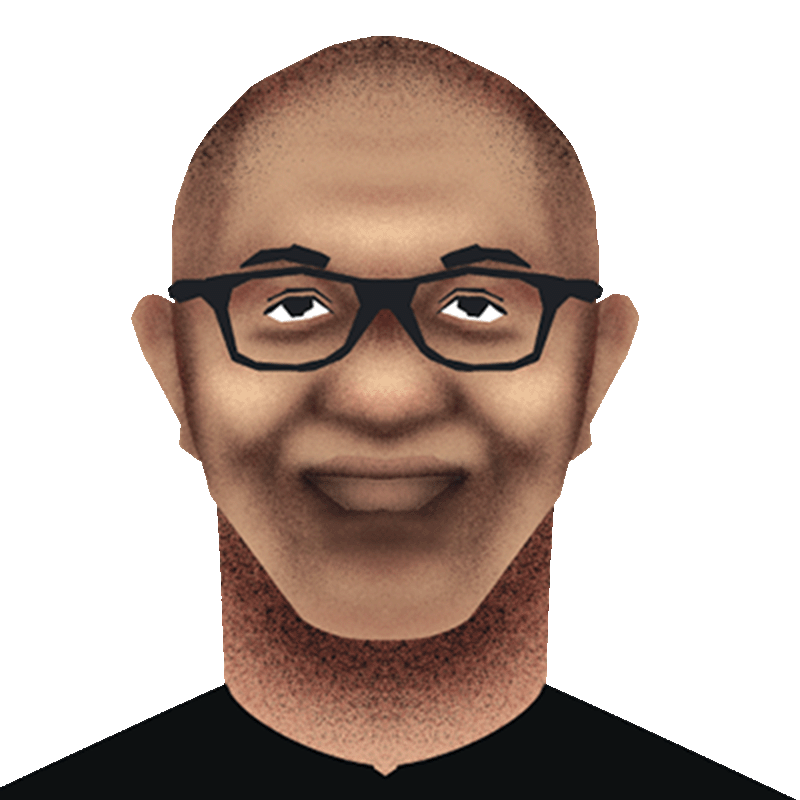

Nigeria presidential results 2023
To win in the first round, a candidate must have the largest number of votes nationwide and at least 25% of the votes in two-thirds of the 36 states and Federal Capital Territory (Abuja)
Last updated: 19/04/2023, 18:00:24 local time (GMT+1)
Final results





Presidential election results by state
Presidential election results by state
Last updated: 19/04/2023, 18:00:24 local time (GMT+1)
Click on map to see results in detail
Senate results by party
Last updated: 19/04/2023, 18:00:24 local time (GMT+1)
| Party | Seats |
|---|---|
| All Progressives Congress | 59 |
| Peoples Democratic Party | 36 |
| Labour Party | 8 |
| Others | 4 |
| New Nigeria Peoples Party | 2 |
House of Representatives results by party
Last updated: 19/04/2023, 18:00:24 local time (GMT+1)
| Party | Seats |
|---|---|
| All Progressives Congress | 159 |
| Peoples Democratic Party | 104 |
| Labour Party | 35 |
| New Nigeria Peoples Party | 18 |
| Others | 9 |
| Inconclusive | 35 |
Credits
Designers: Millicent Wachira and Olaniyi Adebimpe; Visual Artists: Mayowa Alabi and George Wafula: Data Journalists: Yusuf Akinpelu and Brian Osweta; Developers; Boaz Ochieng, Marcos Gurgel, Ayu Widyaningsih Idjajaand and David Ayoola; Project Lead: Dorothy Otieno.
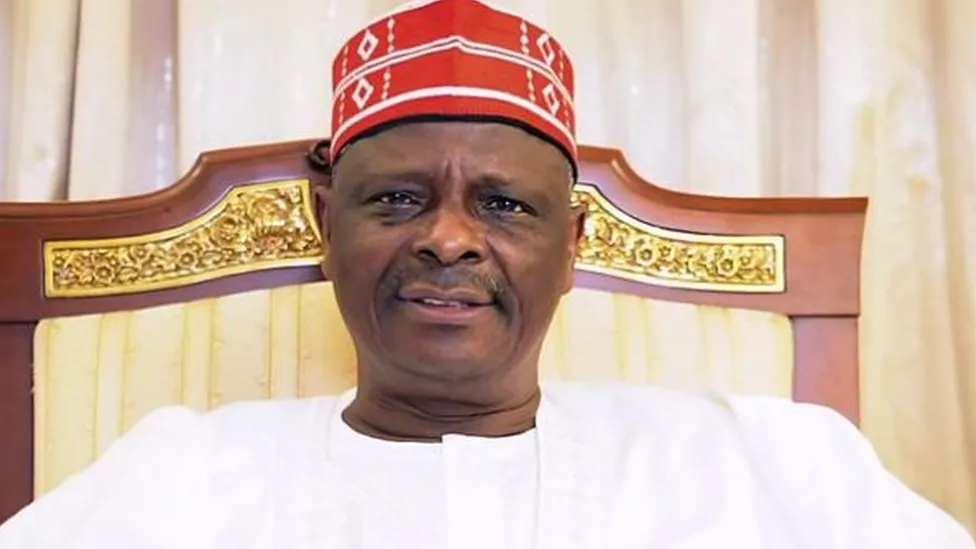 Who is Rabiu Kwankwaso?
Who is Rabiu Kwankwaso?
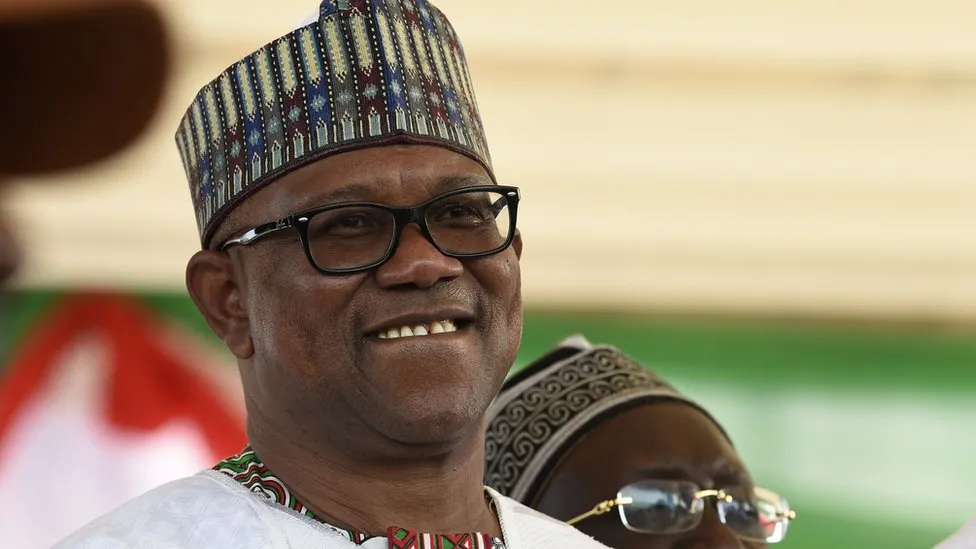 Who is Peter Obi of the Labour Party?
Who is Peter Obi of the Labour Party?
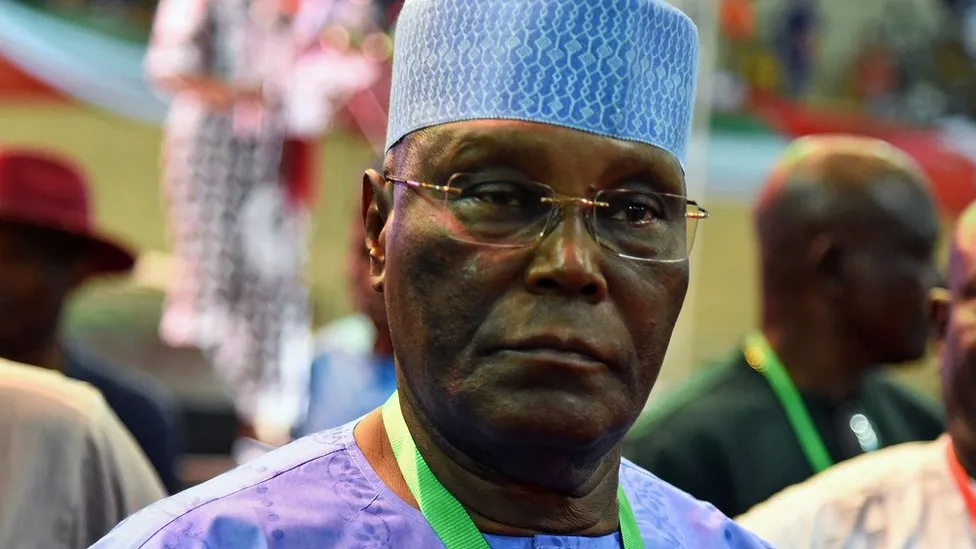 Who is Atiku Abubakar?
Who is Atiku Abubakar?
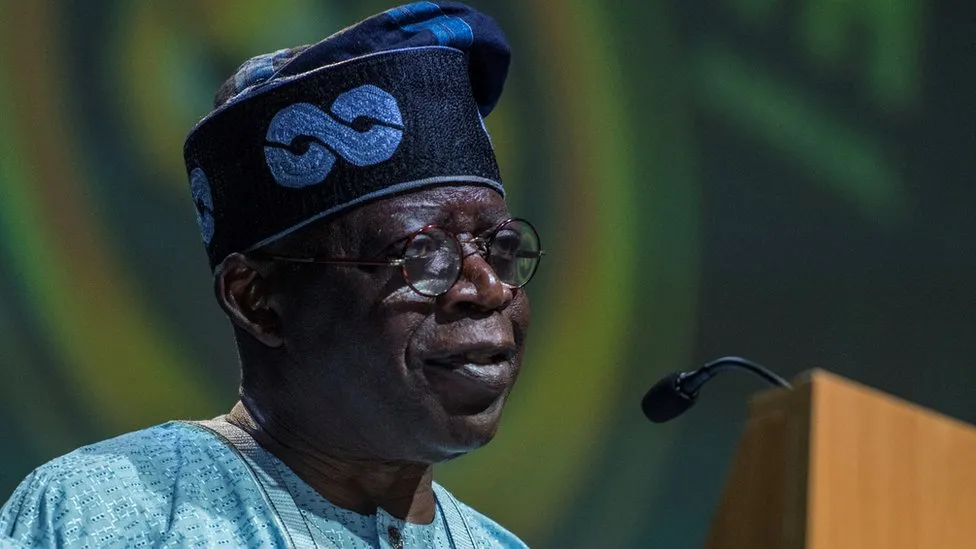 Who is Bola Tinubu of the APC?
Who is Bola Tinubu of the APC?